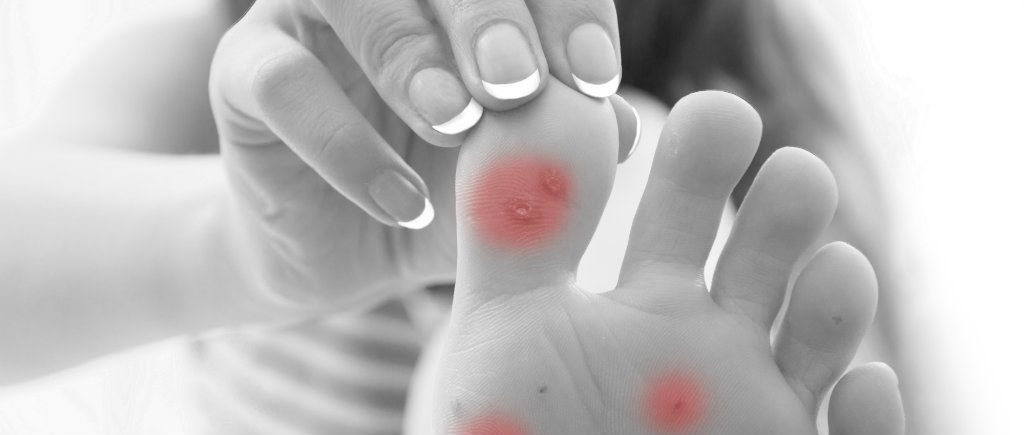
Have you ever come across a plantar wart? Small, rough growths on your feet can affect your mobility. If you have ever experienced it, you have endured a devastating period. If you are yet, you will notice some of these growths at some time. Several individuals with Glen Burnie plantar wart have tarmacking from one healthcare clinic to another because the condition can be bothersome. Unfortunately, some patients fear seeking treatment because of what they hear on the internet about the conditions. Below are common myths of plantar warts you should ignore.
Plantar Warts Are Indicators of Cancer
This condition does not mean you have cancer, as they are benign growths. While they result from an HPV strain, the strains which develop plantar warts are not similar to those that cause cancers such as cervical cancer. If your plantar wart is not responding to treatment and continues progressing, you should see your healthcare provider to confirm if you have cancerous cells. Hence, plantar warts are harmless and do not cause cancer.
Plantar Wart Only Occur On the Hand
In most cases, many people who get warts get them on their hands. This issue is because they are contagious and may spread through physical contact. However, plantar warts occur on the heels and balls of your feet. These areas are more vulnerable because they bear more pressure. Plantar warts are bothersome as they cause massive irritation and pain because they mainly grow on your sole’s feet. As a result, you will feel like a pebble is a stick on your shoe.
Plantar Warts Are Easily Noticeable
Plantar warts can occur in several shapes and sizes. Some warts might be flat, while others can appear like threads or fingers from your skin. Moreover, plantar warts grow inward on your skin and are invisible from view, making them unnoticeable. However, these unnoticeable warts can be more painful, affecting the overall quality of life. Therefore, you should schedule a visit to your doctor to receive regular checkups and detect them early before they worsen.
Cryotherapy is Ineffective for Plantar Warts
Cryotherapy or freezing medicine is effective in addressing your wart. The procedure comprises adding liquid nitrogen to the wart with a cotton swab or spray. The mechanism can sometimes be painful, meaning your provider should start by numbing the area. The freezing is responsible for causing a blister to form near your wart, and dead tissues disappear after one week. Your doctor may also use cryotherapy to stimulate the immune system to deal with warts.
If You Have Plantar Wart, You Should Avoid Surgery
Surgical procedures are effective treatments for removing plantar warts. If freezing medicine is ineffective, your doctor can recommend treatments such as minor surgery, blistering medicine, and immunotherapy. Minor surgery involves cutting the wart and destroying it. However, surgery can be painful; thus, your doctor should begin by numbing the skin first. Therefore, you should see your doctor if you have tried other non-surgical treatments without seeing the result.
Plantar warts can be overwhelming and devastating. They contribute to reduced motion, movement, and overall quality of your life. As a result, if you suspect symptoms of the condition, including pain, tenderness, and brown and black skin, you should schedule an appointment with your healthcare provider. Depending on the severity, your provider will evaluate which treatment is right for you. With the right medication, you can carry out your daily activity and be free from pain and tenderness. So you should not let what you hear from others hinder you from seeking treatment.
